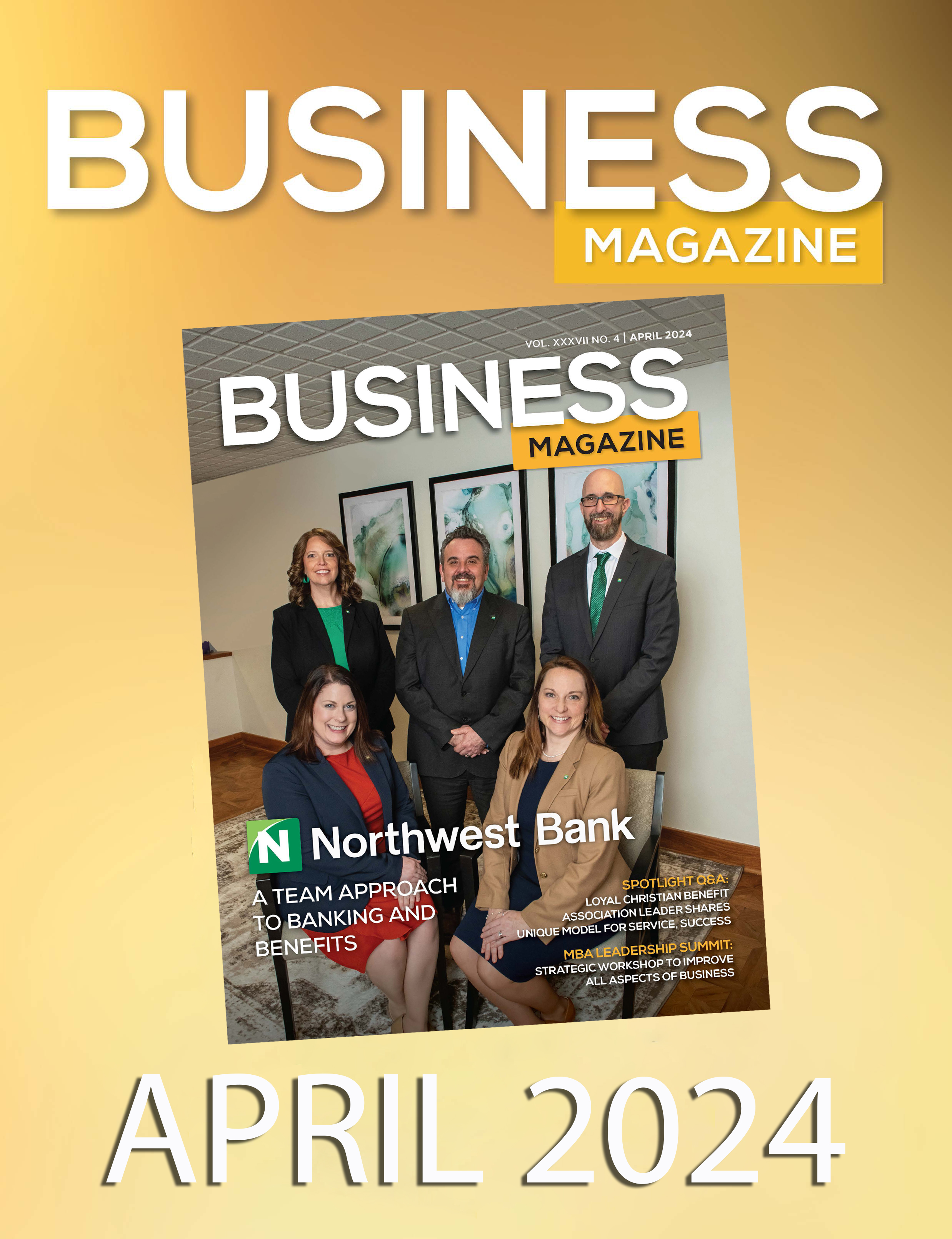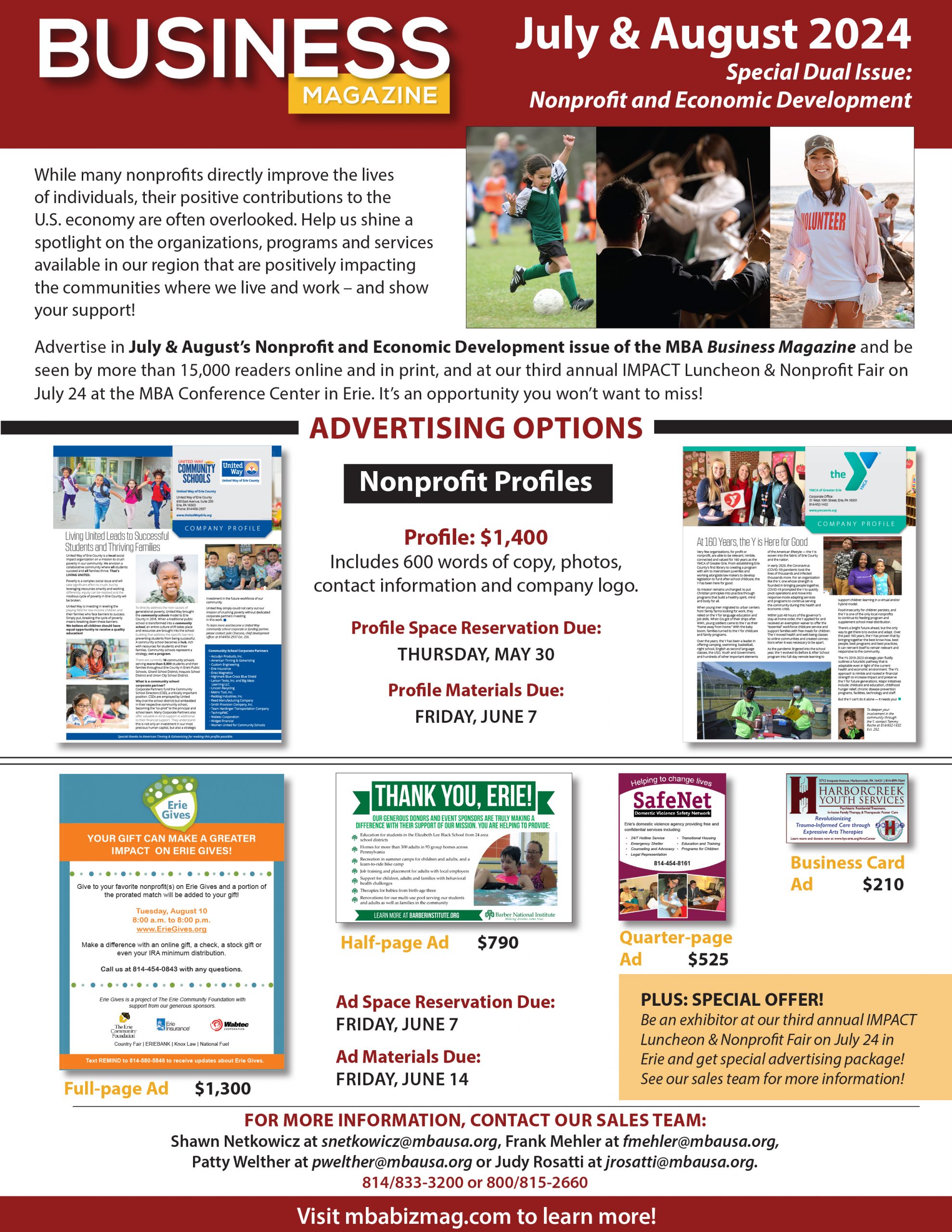HBK Chief Discusses COVID Impact On Finance, Accounting and Profit Strategies for 2021
In an age of uncertainty, financial concerns are top of mind. Many businesses and individuals are struggling and looking for ways to navigate pandemic- induced hardships, while others are better positioned and finding opportunities for growth. Here, HBK Managing Principal and CEO Christopher M. Allegretti discusses some of the finance and accounting implications of the COVID-19 crisis and strategic considerations for profitability in 2021.
As a multidisciplinary financial firm, HBK has broad expertise to address clients’ financial challenges. Tell us more about the firm.
HBK provides small to mid-market businesses and their owners and operators a wide range of financial solutions, including accounting, tax and audit services; business valuation; corporate finance; forensic accounting; litigation support services; and business consulting, including specific expertise in a number of major industries. The CPA firm dates back to 1949 and added its wealth management practice, HBKS, in 2001.
2020 was a year unlike any other. What was the biggest financial lesson that you and your team learned?
As professionals, we are always learning and looking to learn. To serve our clients well, to serve them appropriately, we have to remain current on all the rules and regulations that affect their financial existences. This year, we learned just how valuable that commitment is as we digested the non-stop flow of relief programs and guidance, and adjustments to the programs and regulations, by states as well as the federal government. That also meant counseling our clients to remain focused on running their businesses — on their employees, their customers, their supply chains — and rely on their advisers for financial direction.
In your opinion, what are the top finance and accounting implications of the COVID crisis?
We’ve urged our clients to pay close attention to a handful of concepts we believe are critical:
- A strong balance sheet can help you weather challenging times. Actively work on improving your balance sheet in good times to be able to persevere through tough times.
- Relationships are key. Look for ways to continue relationships with advisers, customers and vendors in safe, meaningful ways, including through the virtual technologies that have made us more efficient and are likely to continue at some levels.
- Diversity and flexibility can build resiliency. Incorporate diversity and flexibility into your operations in order to strengthen your business model moving forward.
- The lowest cost might not be the best option. Businesses should plan for supply chain continuity — equipment, supplies, other inputs needed to conduct their business — as they do for other anticipated, or unanticipated, events: succession, IT out- ages, shortages in critical human resources.
Although 2020 was trying, financial professionals are now better able to pivot when it comes to unexpected challenges. Please explain.
In 2012, we decided to invest in technology that would allow us to work efficiently and collaboratively whenever and from wherever. We did so without the certainty of a return on that investment. But our ability to work remotely proved invaluable in 2020. In addition, a powerful teleconferencing platform and a CRM platform have also contributed appreciably. These investments in technology are key to being able to pivot quickly and effectively when it comes to unexpected challenges, as it did in 2020 in response to the unprecedented challenges associated with the COVID-19 pandemic.
What should be on our members’ radars when it comes to strategic considerations for profitability in 2021?
People. Businesses rely heavily on the skills, creative innovation, and collaboration of their team members to deliver quality service and solutions internally and externally. Your people are your greatest asset, specially if you’re in a services business, so we must be dedicated to attracting, hiring, managing, developing, and retaining the most talented and committed people.
Digital Transformation. Digital technology is the most impactful disrupter in business today. The onus is on leadership to invest in and commit to new technology. Are you investing sufficiently in sources of data and information, and in training and education for your professionals and operations to use the technology to improve performance? To be excellent in what you do you must be able to make good decisions quickly, so are you investing in and committed to the right measures and means?
Remote Engagement. Given our health and safety concerns, a great many customers and prospective customers, and even your own team members, will prefer digital self-serve and remote engagement over face-to-face interactions — a sentiment that continues to intensify, even as lockdowns are loosened. The shift to digital and remote engagement must be embraced by decision-makers.
For more information about HBK, visit hbkcpa.com and hbkswealth.com.














